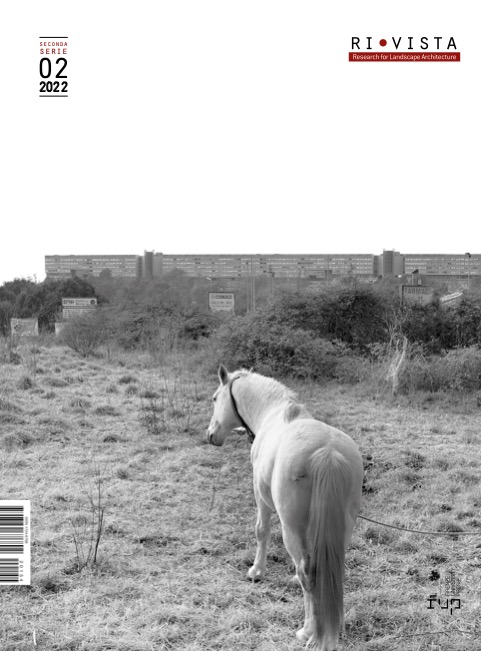Co-evolution between space, nature, and society. The Milanese fringes: Porto di Mare as a case study
Published 2023-02-23
Keywords
- urban fringe regeneration,
- rurban ecologies,
- nature-based solutions,
- inclusive design,
- design-driven research
How to Cite
Abstract
The contribution presents the results of a design driven research about the topic of co-evolution between space, nature and society, focusing on a Milanese fringe, in which human activities and natural capital co-exist with no dialogue. The project assumes the new European Bauhaus as a framework, reflecting upon the spatialization of theoretical instances aimed at the physical impacts of a co-evolutionary transformation. The output of the research is the promotion of design actions for a resilient landscape prototype, linking productive activities to natural and social capital, through circular and Nature-based solutions. Thus, attention is given to spatial configurations that aim to increase biodiversity in human settlement, through the design of ecological corridors, and to inclusiveness, in the redesign of former industrial facilities and local community habitats.







